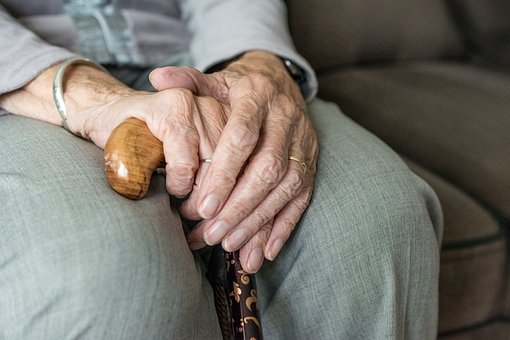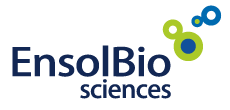New Drug Pipeline
Engedi1000, E1K
E1K : Osteoarthritis Drug


Osteoarthritis (OA) is a common disease in the elderly, primarily caused by the aging of joints. However, multiple other factors contribute to its onset, including genetic causes, nutritional imbalances, lack of exercise, excessive exercise or injuries, overwork that strains the joints, poor posture, and overload due to obesity. Because of these complex factors, osteoarthritis frequently occurs in younger populations as well.
When the tissues that support the joints weaken due to trauma or degenerative changes, the cartilage that acts as a cushion gets damaged, increasing friction between the bones and leading to pain and inflammation. This inflammation can promote the formation of osteophytes around the joints, limiting mobility and causing greater pain. Once cartilage is damaged, it does not regenerate or recover well on its own, leading to long-term restrictions in the patient's social activities and a reduction in their quality of life.
Current treatments are broadly categorized into conservative methods such as exercise therapy (including weight control), dietary therapy, injection therapy, and medication, as well as surgical methods such as tissue regeneration using growth factors, implantation using cultured cells, and artificial joint replacement in severe cases. However, there is still no treatment that can fundamentally regenerate or repair damaged cartilage in a simple and safe way. Thus, the development of new arthritis treatments is urgently needed.
Engedi1000 (E1K) is a synthetic peptide that prevents cartilage degeneration and promotes cartilage regeneration, while also providing pain relief. These effects occur because Engedi1000 modulates the signaling pathway of TGF-β1, a protein that accelerates cartilage degeneration. Engedi1000 binds to TGF-β1, selectively blocking the Smad1/5/8 pathway, which promotes cartilage degeneration, while maintaining the Smad2/3 pathway, which induces cartilage regeneration. This leads to cartilage repair and reduces pain by decreasing the expression of the pain-associated gene NGF.
In a phase 1a clinical trial, a single dose of Engedi1000 showed excellent safety, tolerability, and exploratory pain relief efficacy. In a phase 1b trial, six months of repeated dosing confirmed its excellent safety and exploratory efficacy in both pain relief and structural improvement. In a phase 2 trial aimed at confirming its pain relief effects, 12 weeks of treatment demonstrated improvements in pain and joint function, identifying the target patient population and effective dose. The success of a phase 3 trial targeting DMOAD (Disease-Modifying Osteoarthritis Drugs) is expected to lead to global market entry as a novel DMOAD.


